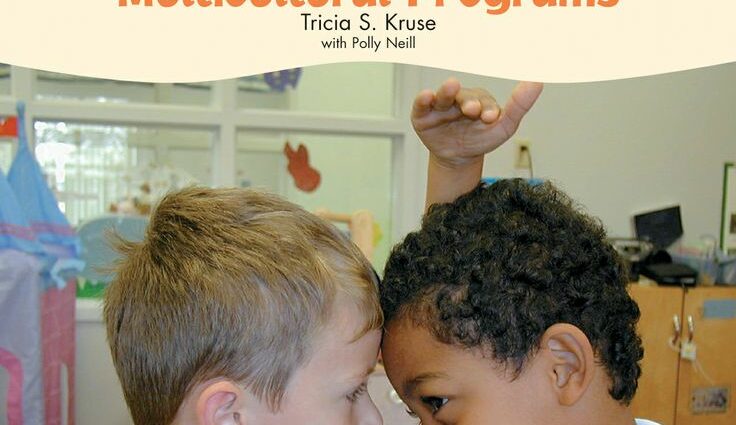Contents
The creative and practical intelligence of the precocious child
The precocity specialist, Monique de Kermadec, recalls in the introduction to her book that the notion of IQ remains very controversial today. A child’s intelligence is not just about their intellectual skills. His emotional and relational development is an important factor for his personal balance. The psychologist also insists on the major role of creative and practical intelligence. All these elements must be taken into account for the growing adult that each precocious child represents.
Creative and practical intelligence
Monique de Kermadec explains the importance of creative intelligence, which would allow precocious children to get out of the usual pattern where standardized and intellectual skills would be most valued. The American psychologist Robert Sternberg defined this intelligence as “The ability to cope successfully with new and unusual situations, based on existing skills and knowledge”. In other words, it is the ability to develop a more intuitive less rational intelligence. To this is added another form of intelligence, which he will need in his adult life: practical intelligence. Monique de Kermadec specifies that “it corresponds to action, know-how and being able to fend for oneself when faced with a new situation”. The child must combine finesse of mind, tactics, skill and experience. This form of practical intelligence should allow the precocious child to adapt to the real and current world, in particular with the deployment of new technologies. “It is important to encourage these two forms of intelligence in precocious children”, explains the specialist. It makes a series of recommendations to stimulate and develop these skills in these children, such as the importance of play, language, and playful exchanges that allow children to express their creativity and imagination.
Develop your relational intelligence
“Preparing your precocious child to succeed also means helping him to build relationships with his contemporaries, his brothers and sisters, his teachers and his parents”, dMonique de Kermadec details in her book. Social intelligence is as important as intellectual skills. Because often, in precocity, we observe children having difficulty forging social relationships. There is a certain gap with the other children. The precocious child does not necessarily understand slowness for example, he gets impatient, he seeks quick and complex solutions, he acts impulsively. For their part, the comrades can interpret this as a certain aggressiveness or even hostility. The gifted are often victims of social isolation at school, and of difficulty in living in a community and in integrating both in family and in school. ” The whole challenge for the precocious child is to find his place among his peers. », Explains Monique de Kermadec. One of the keys is to make parents understand that they must educate their precocious child while developing, at the same time, their emotional intelligence, the relationship with others with in particular behaviors of empathy towards the friends, to make friends and to them. to keep, to manage and to explain the emotions and the rules in which operate the others, the society. “Socializing means developing your ability to express yourself, to take into account the needs of others”, specifies the psychologist.
Tips for parents
“Parents are fundamental allies of the precocious child,” explains Monique de Kermadec. She insists on the fact that they have a key role to play with their little gifted child. Paradoxically, “the academic success of a precocious child can prove to be more complicated than that of other children”, details the psychologist. Precocious children have this fragility and difficulty in adapting to the real world around them. She also warns parents about not giving in to the temptation to overinvest their little gifted child, to demand perfection and strong academic pressure from him. In the end, Monique de Kermadec concludes on the importance “of playing with her child, of establishing complicity and a certain lightness of living together. Going for a walk in the forest, reading a story or a tale, are simple family moments, but to be favored as much with precocious children as with others ”.










